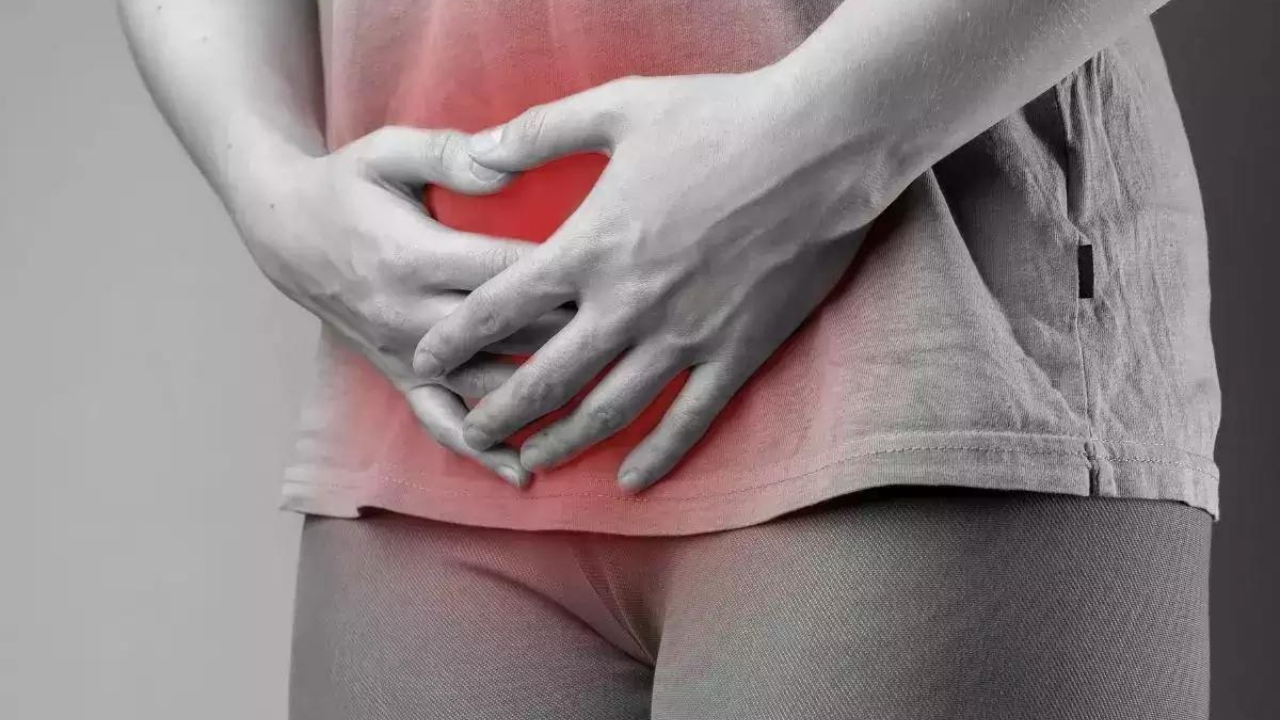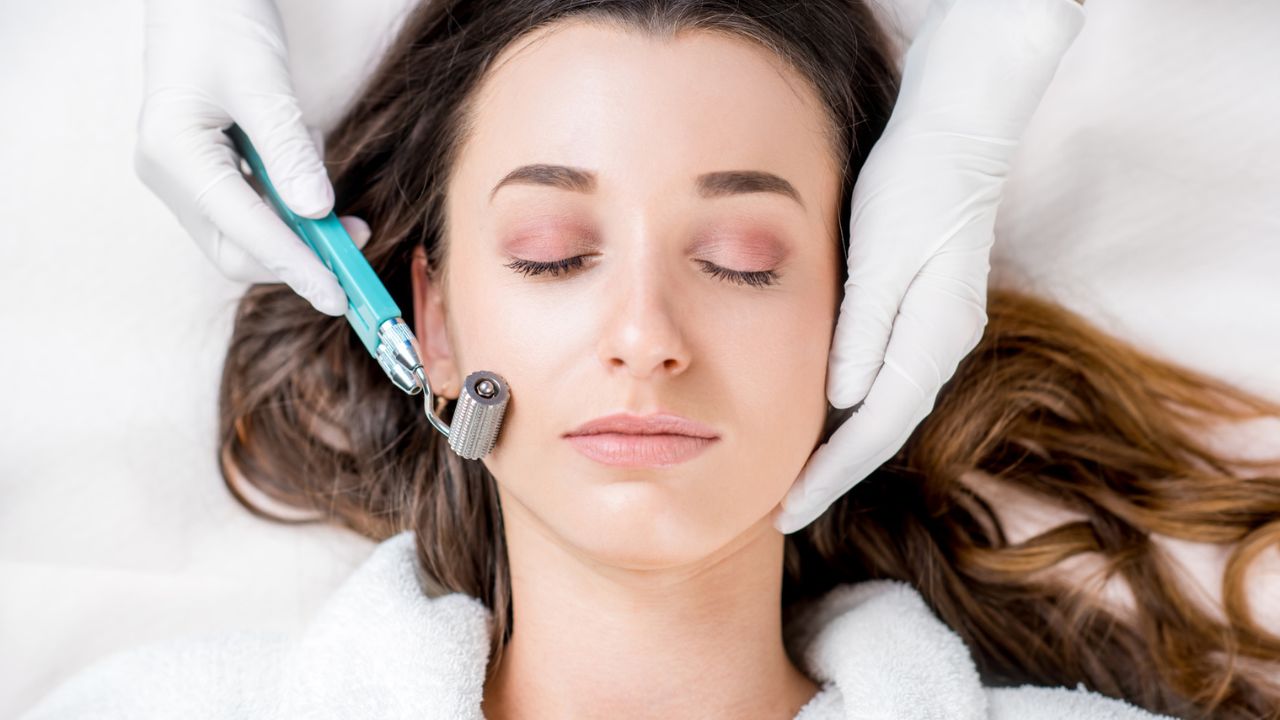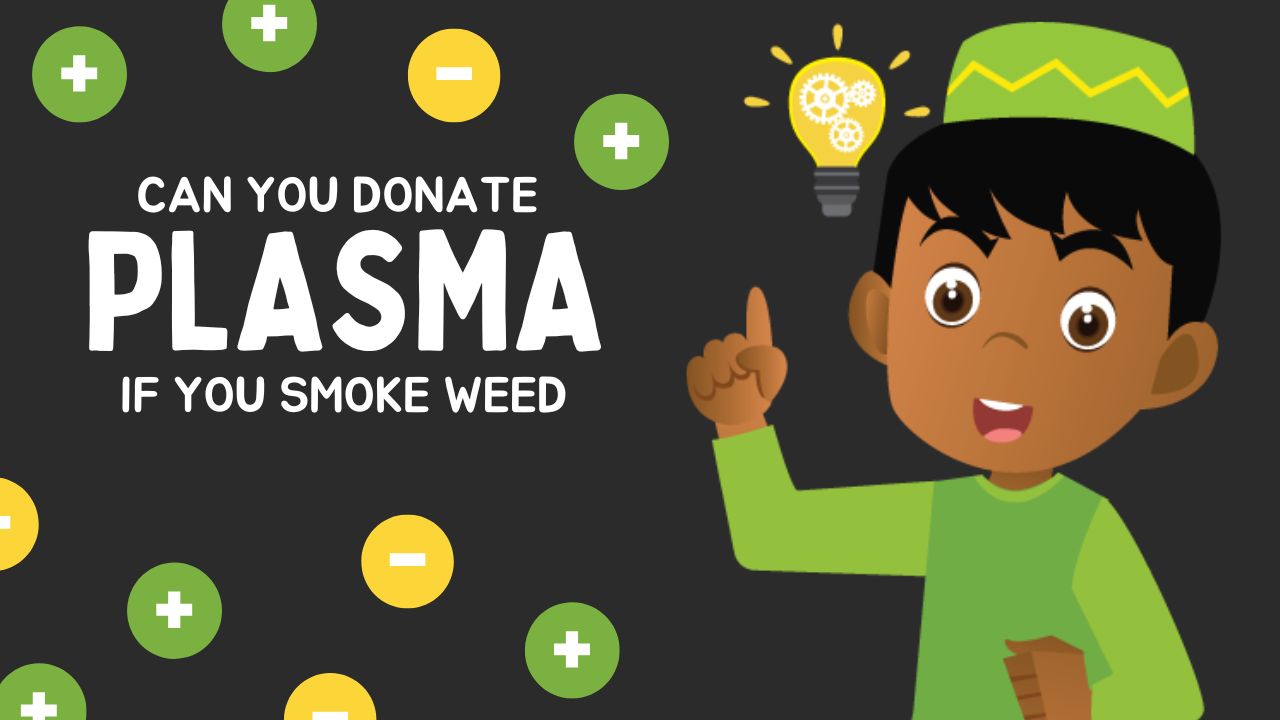6 reasons why your vagina itches

The reproductive and sexual health of women is not a topic that receives much attention. On the other hand, they are associated with a variety of health risks, ranging from infections to conditions that are chronic in nature. Itching in the vaginal or vulvar area is one of the symptoms.

Itchiness in the female vaginal region can have a number of different causes. It is possible that a wide variety of illnesses and changes in the body are to blame for this condition.
Bacterial vaginosis (BV)
Bacterial vaginosis can develop if the vagina’s natural equilibrium is upset, as this is what causes the condition (BV). According to the Mayo Clinic, the condition is characterised by inflammation of the vagina, which is caused by an excess of bacteria that are naturally found in the vagina.
There may not be a single factor that causes bacterial vaginosis; nevertheless, some behaviours, such as engaging in sexual activity without protection or engaging in regular douching, may increase a woman’s likelihood of contracting the infection.
Yeast infection
Vaginal candidiasis is a condition that causes yeast infections, often known as fungal infections. It causes symptoms such as irritation, discharge, and acute itching in the vagina and the vulva. Other symptoms include vaginal and vulvar pain. Although yeast infections are not considered to be sexually transmitted diseases (STDs), the chance of contracting one can rise with increased sexual activity.
Urinary tract infection (UTI)
An infection in any portion of the urinary system, which includes the kidneys, ureters, bladder, and urethra, is referred to as a urinary tract infection (often abbreviated as UTI). Symptoms include a strong need to urinate, a burning sensation when peeing, and urine that smells unpleasant.
Additionally, the urine itself may have a foul odour. Itching and a generally uncomfortable feeling can also be symptoms of a urinary tract infection (UTI).
Sexually transmitted infections (STIs)
According to the World Health Organization (WHO), there are eight diseases that are connected to the highest frequency of sexually transmitted infections (STIs), some of which can be cured, such as syphilis, gonorrhoea, chlamydia, and trichomoniasis. Chlamydia is one of the sexually transmitted infections (STIs) that affects most people. Itchiness in the vaginal region can be a symptom of gonorrhoea and trichomoniasis.
Pubic lice
Pubic lice, often known as crabs, are microscopic insects that can be discovered in and around your genital region. According to the Mayo Clinic, an individual may experience extreme itching in the region of their genitalia. According to the health organisation, the most frightening and concerning aspect of pubic lice is the fact that they can move to other places of the body with coarse body hair, including the legs.
Perimenopause and hormonal changes
Alterations in hormonal levels are one of the potential causes of the itchy vaginal skin. Changes in hormone levels, particularly during perimenopause and menopause, might put a woman’s genital skin at risk of becoming dry and itchy. This is because there has been a decrease in the amounts of oestrogen.
- Your Ultimate Guide to Travel Insurance for Adventure Sports
- A Guide to Renters Insurance for Pet Owners: Pet-Proof Your Policy
- Safeguard Your Future: Understanding Identity Theft Insurance
- Safeguard Your Event: Understanding Event Cancellation Insurance
- Everything You Need to Know About Critical Illness Insurance Riders
- Home Equity Loans vs. HELOCs: Which is Right for You?












